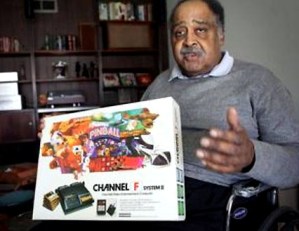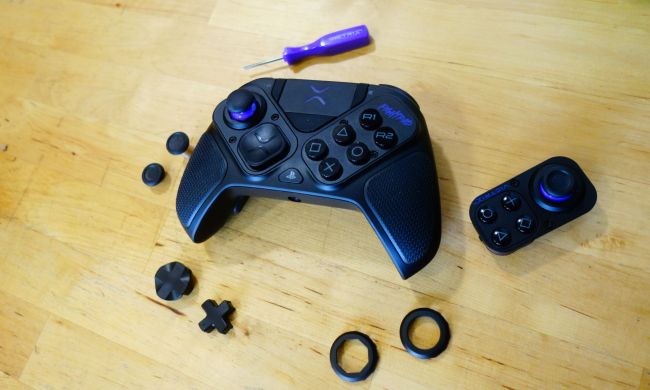
In these days of portable game systems with Wi-Fi and consoles with motion sensors, Internet connectivity, and integrated Blu-ray drives, it can be hard to remember that the industry had to get its start somewhere. Jerry Lawson, a key figure in the development of home video game systems was one of a handful of people who jump-started the industry. He died this week at age 70 in Santa Clara, California, from complications from diabetes.
Lawson was the key engineer behind the Fairchild Channel F console game system. The Channel F wasn’t a tremendous commercial success—it was quickly eclipsed by Atari systems that hit the market the next year—but it was the first system to use interchangeable ROM cartridges to load games, paving the way not only for Atari but for innumerable console systems and game developers that followed, including the likes of Nintendo and Sega. The same basic technology was used as recently as the Nintendo Game Boy Advance. Interchangeable cartridges enables a single game system to play multiple titles rather than a single game embedded into a system’s ROM or controllers. At the time of the Channel F, few people thought it would be practical to design a home video game console on a general microprocessors rather than a dedicated chip—but that’s exactly what Lawson did. The Channel F marked the first commercial use of the Fairchild F8 CPU. Lawson also had to come up with ways to shield cartridges from static electricity, and come up with a design that would stand up to home use and be simple enough for consumers to use. Before Lawson, nobody had tackled those problems.
Lawson was also an earliy pioneer in video arcade games, developing a Demolition Derby arcade console game that hit the market shortly after the seminal Pong.
Lawson’s story and contribution went largely unrecognized by the video game industry until his later years. Lawson grew up in public housing in Queens, New York, and was one of only a handful of black students at an almost all-white school. He built his own ham radio transmitter by age 12, and his skill and determination eventually landed him engineering work in the nearly all-white Silicon Valley. Lawson was the sole black member of the Homebrew Computer Club, a group of early computer aficionados that included future Apple founders Steve Jobs and Steve Wozniak. After the Fairchild, Lawson founded and ran Videosoft, a game development company that created titles for the Atari 2600, and did various consulting work, including a gig with musician Stevie Wonder.
In February of this year, Lawson was honored by the International Game Developers Association for his outstanding achievement in the industry.
[Image of Jerry Lawson: Maria J. Avila Lopez/Mercury News]


